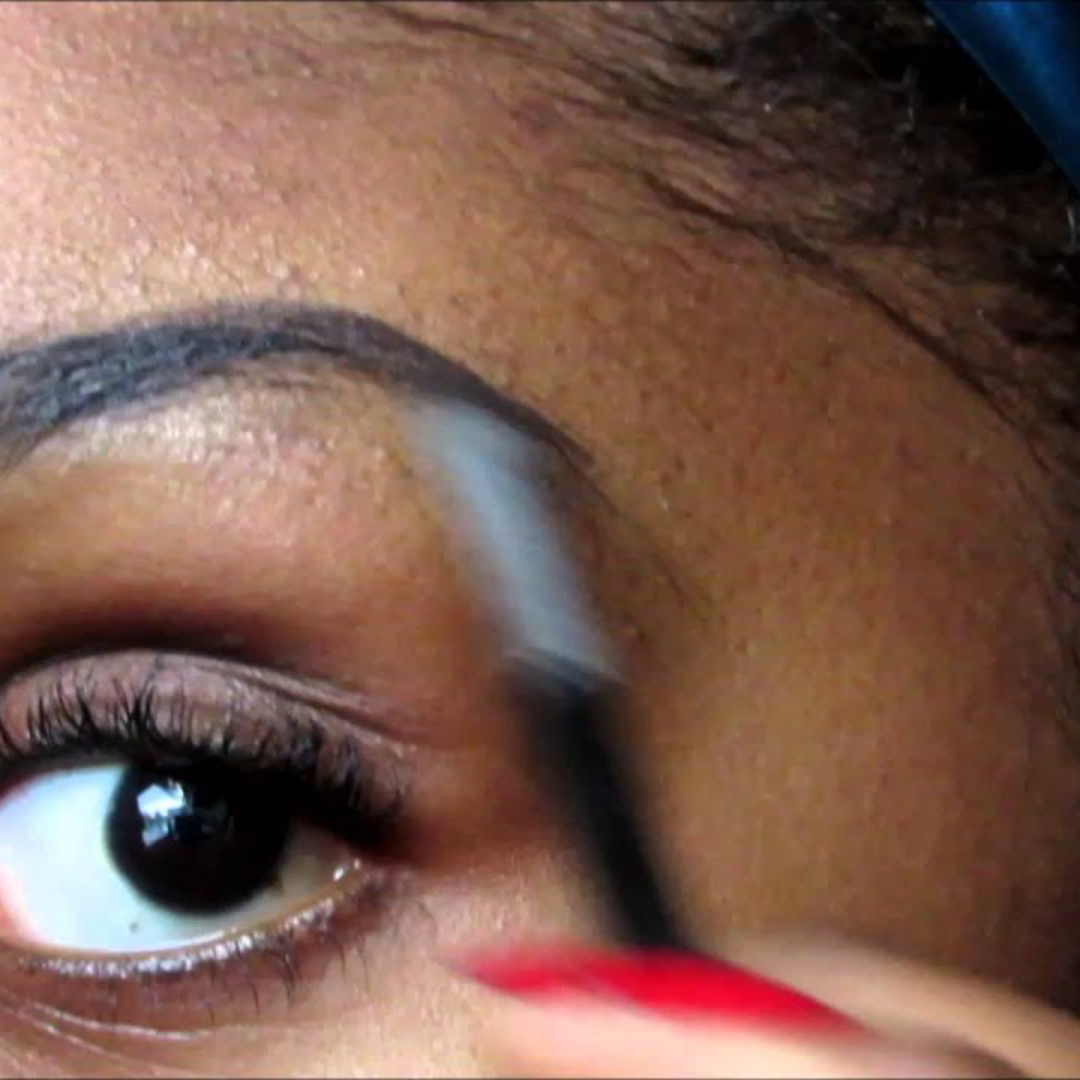Obsessive-compulsive disorder (OCD) is a mental health condition that affects millions of people worldwide. It is characterized by persistent and unwanted thoughts, images, or urges (obsessions) that cause anxiety or distress, and repetitive behaviors or mental acts (compulsions) that are performed to reduce or neutralize the anxiety or distress.
OCD can interfere with daily functioning, social relationships, and quality of life. It can also cause significant emotional distress and suffering for those who have it and their loved ones. Fortunately, OCD is treatable and there are effective therapies and medications available.
In this blog post, we will explain the symptoms of OCD, the common themes and types of obsessions and compulsions, and how to get help if you think you have OCD or know someone who does.
What are the symptoms of OCD?
The main symptoms of OCD are obsessions and compulsions that take up a lot of time, cause distress, and interfere with normal activities. People with OCD may experience both obsessions and compulsions, or only one of them. The severity and frequency of symptoms may vary over time and from person to person.
Obsessions
Obsessions are recurrent and intrusive thoughts, images, or impulses that cause anxiety or distress. They are not simply excessive worries about real-life problems, but rather irrational and unwanted thoughts that the person cannot control or ignore. Some examples of obsessions are:
- Fear of contamination or dirt
- Doubting and having a hard time dealing with uncertainty
- Needing things to be orderly and symmetrical
- Aggressive or horrific thoughts about harming oneself or others
- Unwanted thoughts about sexual, religious, or moral issues
People with OCD may try to suppress or neutralize their obsessions by avoiding situations that trigger them, seeking reassurance from others, or performing compulsions.
Compulsions
Compulsions are repetitive behaviors or mental acts that the person feels driven to perform in response to an obsession or according to a rigid set of rules. They are not done for pleasure or satisfaction, but rather to reduce or prevent the anxiety or distress caused by the obsessions. Some examples of compulsions are:
- Washing or cleaning excessively
- Checking things repeatedly
- Arranging or organizing things in a certain way
- Counting, repeating, or saying words or phrases
- Praying or performing rituals
People with OCD may believe that their compulsions will prevent something bad from happening, such as getting sick, making a mistake, or causing harm. However, the compulsions usually provide only temporary relief and often increase the anxiety in the long run.
What are the common themes and types of OCD?
OCD can manifest in different ways depending on the nature and content of the obsessions and compulsions. There are many possible themes and types of OCD, but some of the most common ones are:
- Contamination OCD: This type of OCD involves a fear of being contaminated by germs, dirt, chemicals, or other substances, or contaminating others. People with this type of OCD may engage in excessive washing, cleaning, or disinfecting behaviors, or avoid touching certain objects or people.
- Harm OCD: This type of OCD involves a fear of harming oneself or others, either intentionally or accidentally. People with this type of OCD may have intrusive thoughts or images of violence, aggression, or death, and may perform checking, reassurance-seeking, or avoiding behaviors to prevent harm.
- Symmetry OCD: This type of OCD involves a need for things to be orderly, balanced, or aligned. People with this type of OCD may have obsessions about perfectionism, mistakes, or incompleteness, and may perform arranging, organizing, or counting behaviors to achieve symmetry.
- Religious OCD: This type of OCD involves a fear of offending God, violating religious rules, or committing a sin. People with this type of OCD may have obsessions about blasphemy, morality, or purity, and may perform praying, confessing, or ritualizing behaviors to appease their religious scruples.
- Sexual OCD: This type of OCD involves a fear of having unwanted or inappropriate sexual thoughts, impulses, or fantasies. People with this type of OCD may have obsessions about their sexual orientation, identity, or preferences, or about harming or abusing others sexually. They may perform avoiding, checking, or reassurance-seeking behaviors to cope with their sexual doubts.
These are just some of the common themes and types of OCD, but there are many others that are less well-known or more specific to the individual. The important thing to remember is that OCD can affect anyone, regardless of age, gender, culture, or background, and that the content of the obsessions and compulsions is not indicative of the person’s true character, values, or desires.
How to get help for OCD?
If you think you have OCD or know someone who does, the first step is to seek professional help from a mental health provider who specializes in OCD. A qualified therapist can provide a proper diagnosis and recommend the best treatment options for your specific case.
The most effective treatment for OCD is a type of psychotherapy called cognitive-behavioral therapy (CBT), which involves exposing yourself to your feared thoughts or situations (exposure) and resisting the urge to perform your compulsions (response prevention). CBT helps you challenge and change your irrational beliefs and learn to cope with your anxiety in a healthy way.
In some cases, medication may also be prescribed to help reduce the severity of the symptoms and enhance the effects of CBT. The most common type of medication used for OCD is a class of antidepressants called selective serotonin reuptake inhibitors (SSRIs), which help regulate the brain chemical serotonin, which is involved in mood and anxiety.
OCD is a chronic condition that may require long-term treatment and maintenance. However, with proper care and support, you can learn to manage your symptoms and live a fulfilling and productive life.
FAQs
Here are some frequently asked questions and answers about OCD:
- Q: Is OCD a serious mental illness?
- A: OCD is a serious mental illness that can cause significant impairment and distress in various aspects of life, such as work, school, relationships, and health. OCD can also increase the risk of developing other mental health problems, such as depression, anxiety, or substance abuse. Therefore, it is important to seek treatment as soon as possible if you suspect you have OCD.
- Q: What causes OCD?
- A: The exact cause of OCD is not known, but it is likely a result of a combination of genetic, biological, psychological, and environmental factors. Some of the possible factors that may contribute to OCD are:
- Family history: Having a close relative with OCD may increase your chances of developing the condition.
- Brain structure and function: There may be differences in the brain regions and circuits that are involved in regulating emotions, impulses, and habits in people with OCD.
- Life events: Stressful or traumatic events, such as abuse, illness, or loss, may trigger or worsen OCD symptoms in some people.
- Personality traits: Having certain personality traits, such as perfectionism, rigidity, or responsibility, may make you more prone to developing OCD.
- Q: Can OCD be cured?
- A: There is no cure for OCD, but it can be treated and managed with proper therapy and medication. The goal of treatment is to reduce the frequency and intensity of the obsessions and compulsions, and to improve the quality of life and functioning of the person with OCD. Treatment can also help prevent relapses and complications of OCD.
- Q: How can I help someone with OCD?
- A: If you know someone who has OCD, you can help them by:
- Being supportive and understanding: Show empathy and compassion, and avoid criticizing or judging their symptoms. Listen to their concerns and offer encouragement and praise for their efforts to overcome their OCD.
- Educating yourself and others: Learn as much as you can about OCD and its treatment, and share this information with others who may not understand the condition. Challenge the myths and stigma that surround OCD and mental health in general.
- Helping them seek and stick to treatment: Encourage them to seek professional help and follow their treatment plan. Help them find a qualified therapist and accompany them to their appointments if needed. Remind them to take their medication as prescribed and to practice their CBT skills at home.
- Being a positive role model: Demonstrate healthy coping skills and behaviors, such as relaxation, exercise, and hobbies. Avoid enabling or participating in their compulsions, and instead help them face their fears and resist their urges.
I hope this blog post meets your expectations and helps you understand OCD better. If you have any feedback or questions, please let me know.

 By
Beauty Adams
By
Beauty Adams




